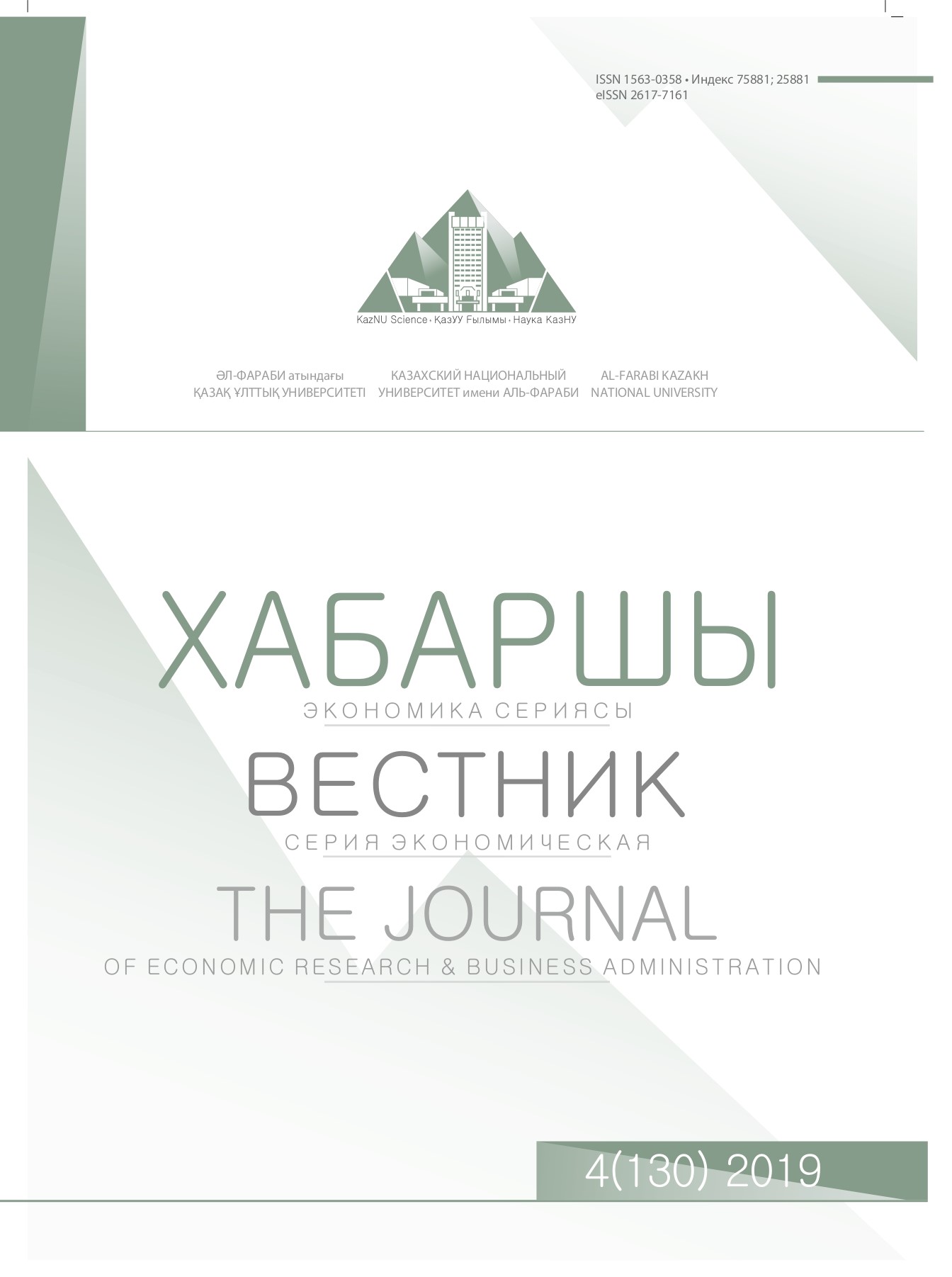ПРОЕКТНОЕ УПРАВЛЕНИЕ В ГОСУДАРСТВЕННОМ РЕГУЛИРОВАНИИ: ПРОБЛЕМЫ И РЕШЕНИЯ
DOI:
https://doi.org/10.26577/be-2019-4-e13Аннотация
Усиление глобализации обусловило широкое применение системы управления
проектами во многих сферах экономической деятельности. Цель данной статьи состоит в
рассмотрении теоретико-методологических подходов проектного управления в обеспечении
конкурентоспособности национальной экономики в части реализации ее государственных
программ и проектов. Посредством научного анализа современных публикаций по проектному
управлению в государственном секторе авторами обосновывается необходимость его внедрения
в казахстанскую практику, что повысит конкурентоспособность хозяйственной деятельности.
Теоретико-методологическое обоснование строится на использовании магического треугольника
проектного управления: «качество – сроки – бюджет», позволяющего выработать алгоритмы по
исполнению государственными органами основных функций проектного менеджмента.
В статье особо подчеркивается необходимость использования опыта зарубежья по
внедрению проектного управления в практику функционирования государственных органов
при выполнении государственных программ и проектов в условиях глобальной неустойчивости,
которая сопровождается различными рисками, кризисными ситуациями, ограниченностью
ресурсов и многими другими проявлениями. В отечественной науке еще предстоит проделать
большую работу по тщательному анализу вопроса о внедрении системы управления проектами в
государственных органах на пути вхождения Казахстана в 30-ку наиболее конкурентоспособных
стран мира.
В этой связи, в данной статье рассматриваются вопросы, возникающие при внедрении
системы управления проектами в государственных органах Республики Казахстан и пути их
решения.













